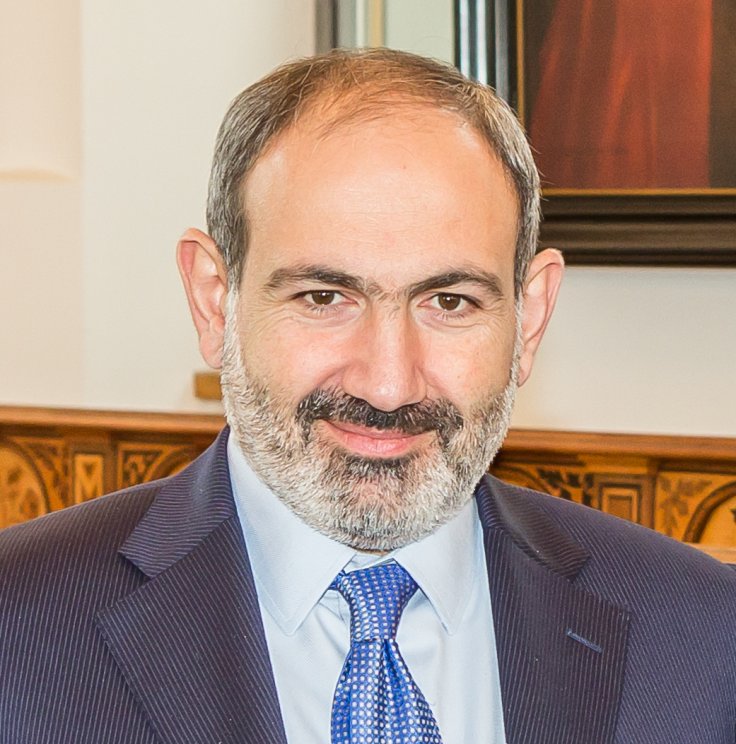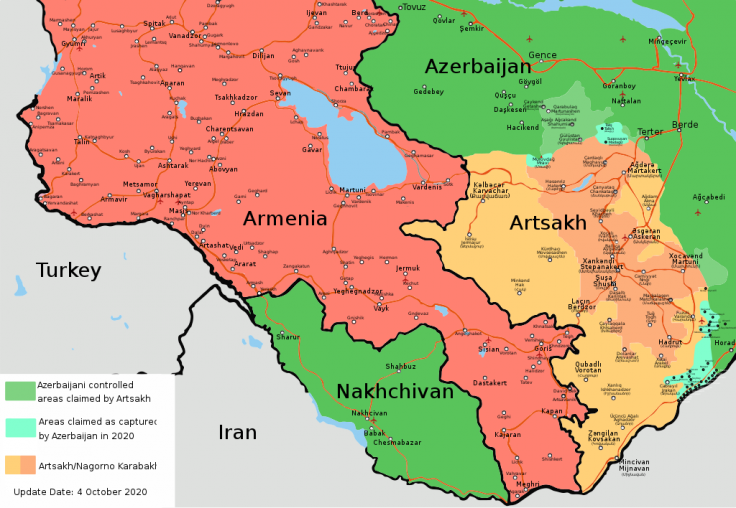Armenia's military has called for the resignation of Prime Minister Nikol Pashinian in a major fallout of the defeat to Azerbaijan in last year's conflict. The military's stance comes amid the Opposition's plans to launch fresh anti-government protests from Monday.
However Pashinian has termed the army's move as an attempted coup. The military upped the ante on Thursday after the government dismissed the chief of information at the General Staff of the Armed Forces, Samvel Asatryan.
The military top brass said the act was a 'short-sighted' one and that it would launch "resolute protest" against the dismissal of the first deputy chief of the General Staff.

The dismissal was carried out "without taking into account the national and state interests of the Republic of Armenia," the military said. "In such difficult conditions for the country, such a decision is an anti-state, irresponsible step."
"The prime minister of the Republic of Armenia, the government, will no longer be able to make adequate decisions in this critical situation for the Armenian people," the statement further said.
IN a show of force to counter the military pressure, Pashinian said his supporters will take out a march in Yerevan. "I consider the statement of the General Staff as an attempt at a military coup. I invite all our supporters to Republic Square right now. I will be going live to the public soon," Pashinian said.
Pashnian has been facing the wrath of Armenians after the country was forced to cede vast tracts of territory in the Nagorno-Karabakh region to Azerbaijan after the six-week conflict last year. Pashnian's decision to accept a ceasefire deal under which lands controlled by ethnic Armenians were ceded to Azerbaijan was met with disappointment and anger at home.

What's Nagorno-Karabakh Conflict?
Nagorno-Karabakh is a primarily ethnic Armenian region but it is situated in the territory of ex-Soviet Azerbaijan. As per international law Nagorno-Karabakh is part of Azerbaijan but the majority ethnic Armenians have established self-government with the support of Armenia. The ethnic Armenians are majority Christians, while Azerbaijan is mainly Muslim, giving the conflict a religious undertone and linking it to the Ottoman era oppression of Armenian Christians.
Terms of Last Year's Ceasefire With Azerbaijan
Under the ceasefire deal arrived at on November 10, territorial gains made by Azerbaijan in and around Nagorno-Karabakh were accepted by both sides, dealing a setback to Armenia. Ethnic Armenians were also mandated to give up more districts they held after the conflict in 1994 which left more than 30,000 people dead. As per the term of the ceasefire, Russian forces would remain in the region for at least five years, cementing Moscow's role in the region.









